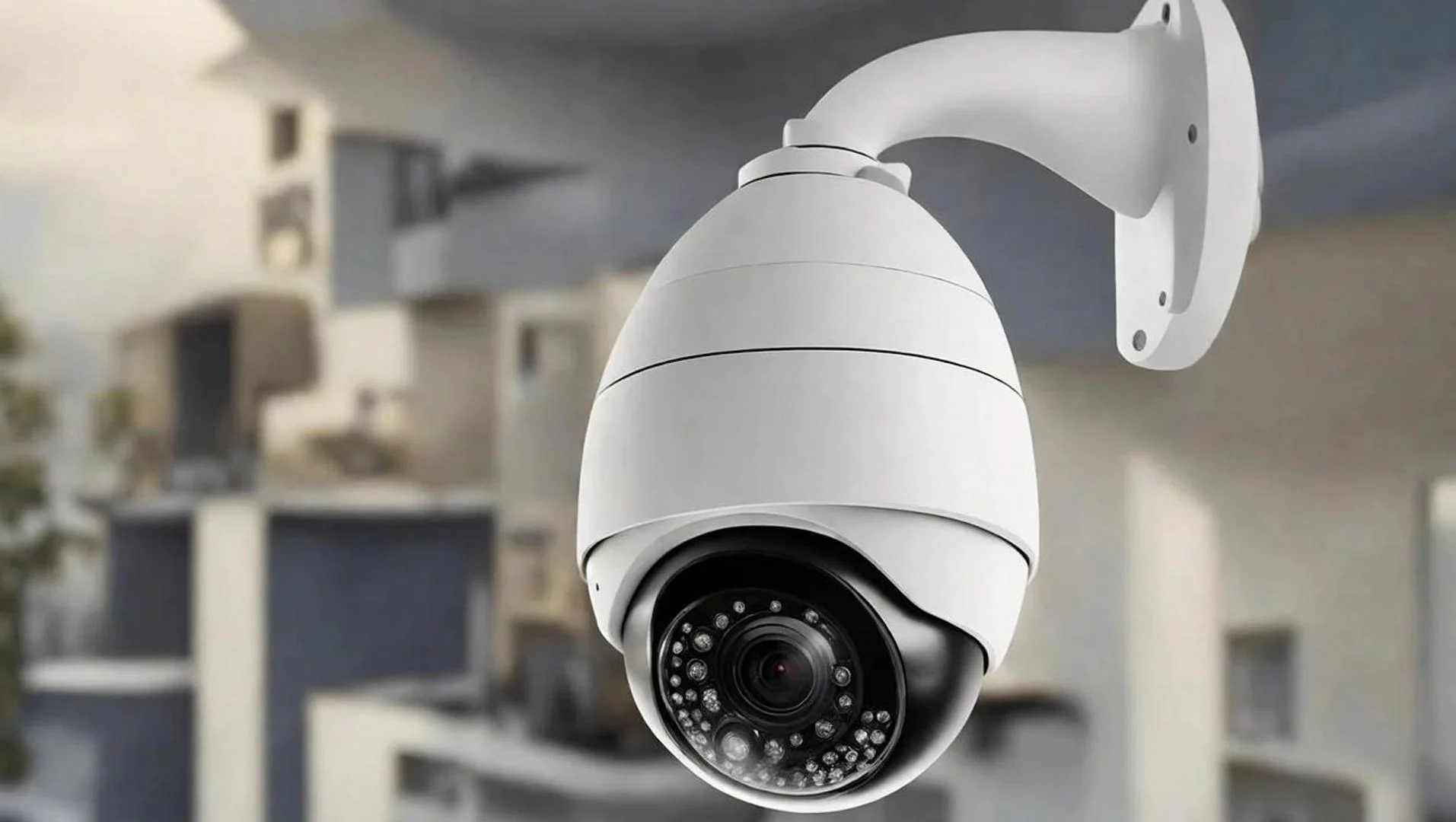Monday, August 19, 2024, 8:28 p.m.
Renting a property for your holidays is not easy: you have to check availability, find a property that fits your budget, offers the services you want… and, above all, does not have illegal surveillance cameras. Some owners, worried about what their guests are doing, install these cameras to “monitor” what happens in their properties, but this is a big problem. First of all, it is not entirely legal. Second, what are these images used for?
A few weeks ago, the owner of a house in Mallorca was arrested for exactly this reason. His tenants discovered recording devices in the bathroom and bedrooms and reported him. Police also searched his mobile phone for further recordings of other victims.
The phenomenon is increasing. In 2019, a survey by investment firm IPX1031 found that six out of ten participants were concerned that there were hidden cameras in the homes offered through Airbnb. In addition, 11% admitted to having discovered one during their stay, which violates the platform’s rules.
60%
of those surveyed by IPX1031 are concerned about cameras in their rental apartment.
According to Airbnb’s terms and conditions (effective April 30), “hosts are not permitted to have security cameras or recording devices monitoring interior spaces, even when they are turned off.” In addition, “hidden cameras have always been prohibited and will continue to be prohibited.”
And what about outdoor surveillance cameras? The platform assures that these can be installed “as long as they comply with current laws”. This means that the owner must clearly indicate in the description of the apartment that they are installed. However, they are prohibited from being located in areas where the tenant’s privacy is at risk (“such as in a closed outdoor shower or sauna”).
When renting an apartment, it is worth taking certain precautions and knowing the most effective tricks to track them down. Private detective Aaron Bond, who advises the British newspaper Daily Mirror on these matters, recommends “being suspicious of any object that seems out of place, especially if it is very close to the ceiling or floor, as these positions offer the best angles”.
Bond also recommended carefully examining all lamps, alarm clocks, mirrors, smoke detectors, air conditioning vents, televisions and even the spines of oddly arranged books: “It’s also not a bad idea to look for small holes in doors and walls,” he added.
If in doubt, there is another easy way to spot these devices. It consists of turning on your mobile phone flashlight in a darkened room and focusing on the points of interest to see if you can see a lens flare or the typical red light.
The right approach
Another option is to use one of the mobile applications that detect devices connected to the same Wi-Fi network as you (the one in the accommodation in question). This will allow you to detect the presence of unusual devices, such as a camera ready to transmit images to the voyeur on duty. This is because most miniature optics already have an Internet connection.
Among the most recommended apps are Fing, Smart WiFi or Linksys, which allow us to block unknown devices immediately. The prerequisite is that the landlord does not use a secondary network to which he has not granted access. In this case, there is no choice but to resort to a camera or a wireless detector. The problem? The most reliable models are not affordable for everyone.
There is a simple method to detect these devices. It consists in turning on the flashlight of our mobile phone in a darkened room.
The other big question we might ask ourselves is what to do if we realize that we are actually being monitored or recorded. The first logical action is to block the camera’s network connection (if possible), disconnect it and remove it from hiding. Another, less radical, option is to simply block the view with any object.
In any case, however, it is advisable to inform Airbnb so that the appropriate measures can be taken against the host, who will then probably be banned from the platform. In addition, it is necessary to report the incident to the police after communicating the situation to the host, in order to obtain explanations in case the latter is not directly responsible.
And one last privacy precaution: put insulation tape on the cameras built into some household appliances: desktop computers, televisions, smart speakers with screens… The spy may actually turn out to be a cybercriminal with no connection to the person who paid to open the doors of your home.

